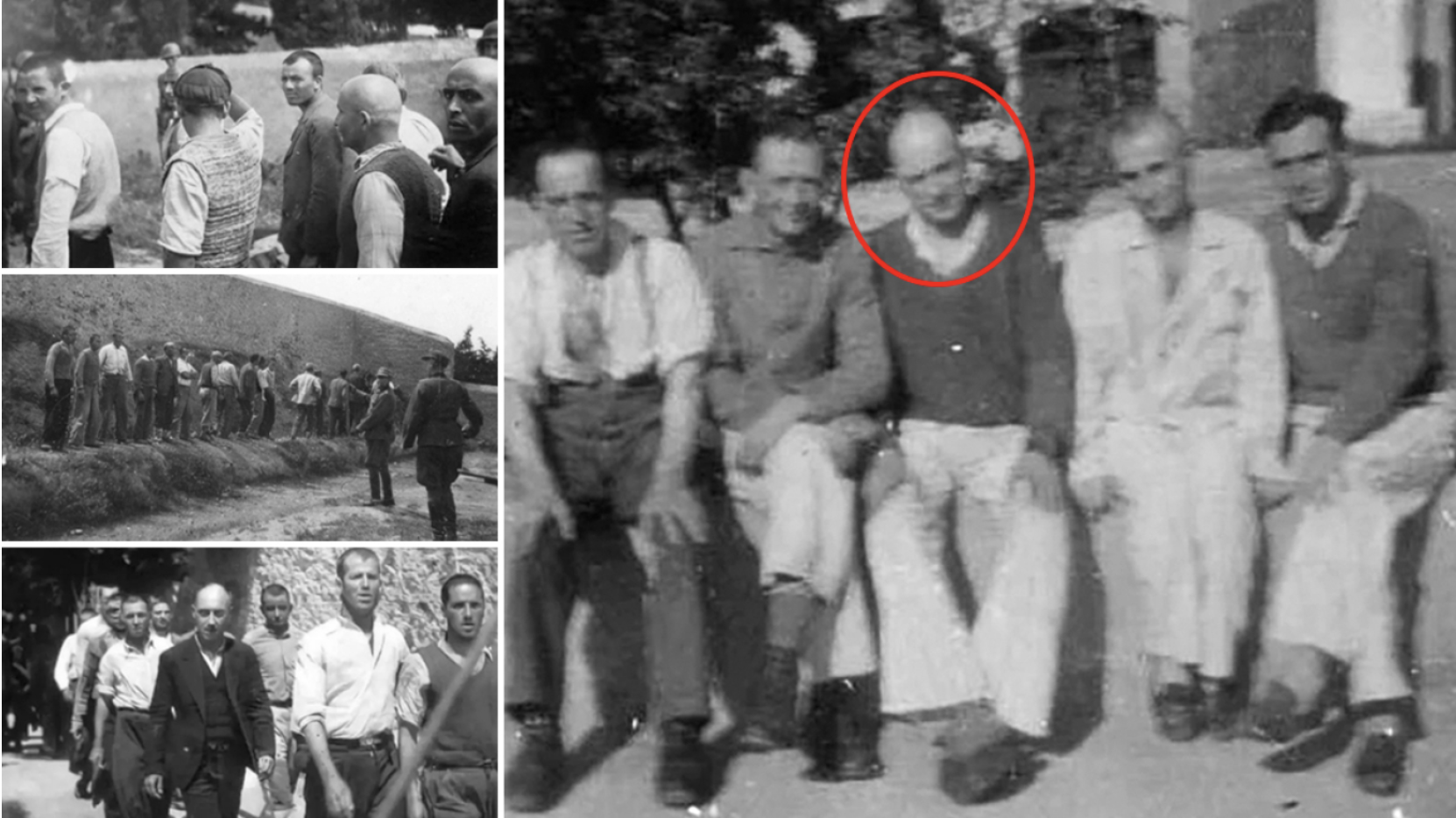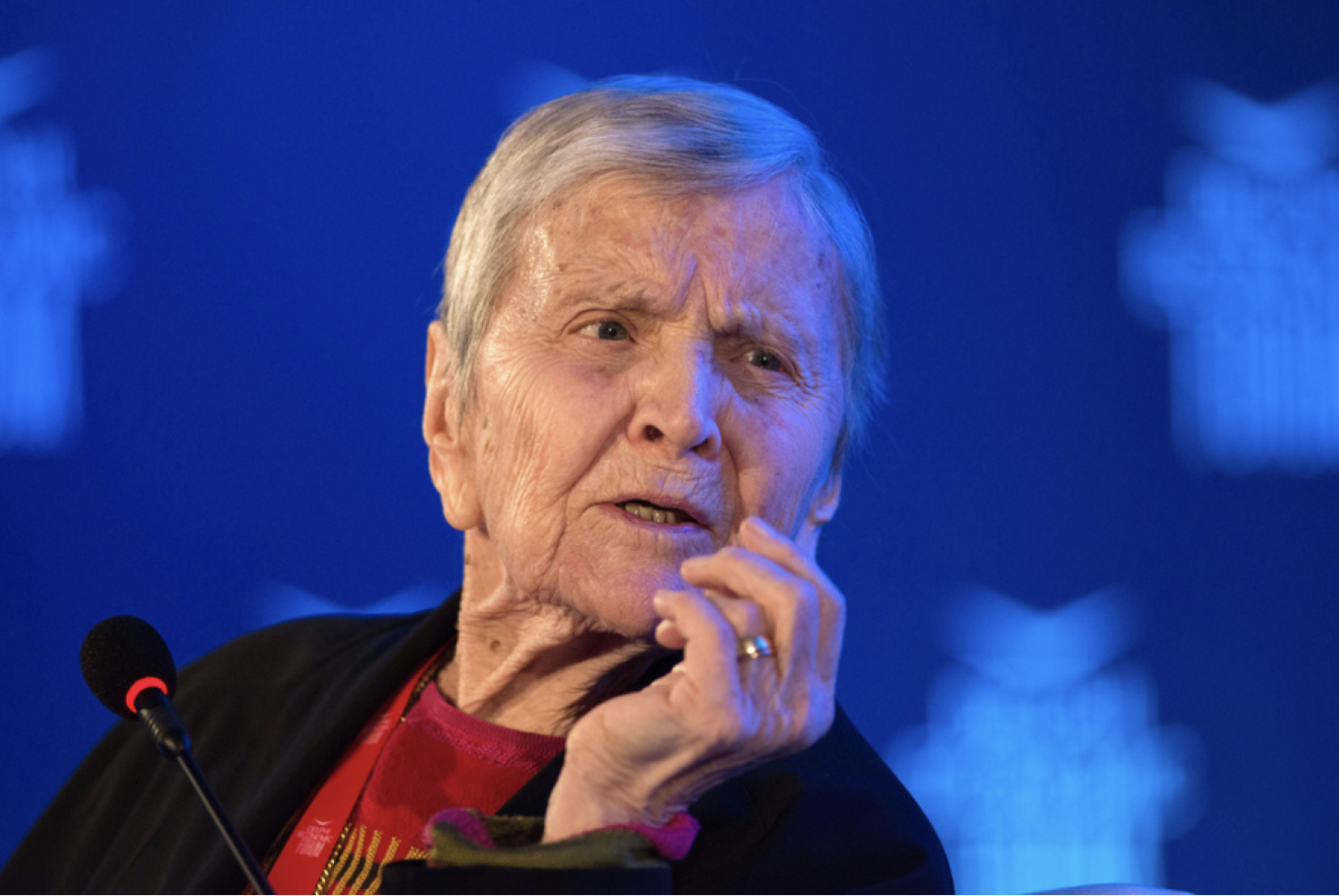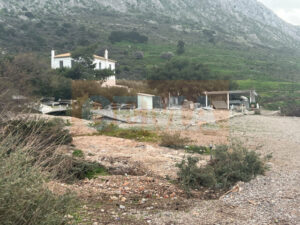The political leadership of the Ministry of Health will detail the new measures for income support of the doctors in the National Health System (ESY) at a press conference this morning. Additionally, they will outline the healthcare reform goals over the next three years, many of which were discussed yesterday at a meeting held at the Maximos Mansion.
The government’s focus on the services provided to citizens and the restructuring of the ESY is evident by its decision to prioritize healthcare in meetings following the announcements at the Thessaloniki International Fair. Yesterday’s discussion included the new tax regulations for doctors’ on-call shifts, incentives for staffing remote areas, how shifts will be organized in Attica, and the free afternoon surgeries that will ease the backlog of cases awaiting operations at public hospitals.
What was discussed at the Maximos Mansion: Free afternoon surgeries starting in November
The provision of free afternoon surgeries is expected to significantly reduce wait times, which currently exceed five months. This initiative, first announced last winter when afternoon surgeries were introduced, awaited funding approval from the Recovery Fund, with a budget of 60 million euros. According to sources, in November, 37,500 cases with the longest waiting times will undergo surgery free of charge during the afternoon, without any delays. Since the paid afternoon surgeries began in March, 7,000 procedures have been performed within the ESY, offering citizens quicker service at a much lower cost than in the private sector.
The Ministry of Health will provide journalists with details about the new tax regulations for doctors’ shifts. As announced by the Prime Minister at the TIF, the shifts will be taxed independently at a 22% rate, providing doctors with an additional monthly income of up to 130 euros. This measure is set to take effect from January 1, 2025. The aim of this initiative is to further support the income of ESY doctors and encourage them to stay in public hospitals.
Incentives for remote areas
Similarly, economic incentives are being offered for doctors in remote areas. A Joint Ministerial Decision (KYA) has been issued, granting a monthly incentive of 300 euros for doctors/dentists in ESY who serve in problematic or remote areas classified as Category A and 200 euros for Category B areas. For 18 specialties (including internal medicine, general/family medicine, pediatrics, anesthesiology, and others), these amounts are doubled, offering doctors an additional annual income of up to 7,200 euros. The effectiveness of this measure will be tested with the upcoming announcement of director and consultant positions for remote areas, expected to be issued within the month.
It is worth noting that the income support measures for doctors have sparked strong reactions from nurses and other hospital staff, who feel excluded from these incentives. The Panhellenic Federation of Public Hospital Employees (POEDHN) has criticized the exclusion of nursing and other ESY staff from these incentives, noting the significant shortages in remote areas.
Changes in on-call shifts
The government also plans to reform the emergency department (ED) system in Attica to improve patient distribution and reduce wait times. Hospitals currently on-call do not admit patients during their morning hours, but the new system aims to have all hospitals in the region function in the morning regardless of their on-call status. This requires the hiring of support staff, particularly orderlies, and strengthening laboratory personnel to speed up diagnostics during shifts.
Further initiatives include the introduction of online diagnostic tools for tests, potentially in collaboration with private doctors, and the possible involvement of primary care centers in on-call shifts, though this poses significant logistical challenges due to staff shortages in primary healthcare.
Ask me anything
Explore related questions





